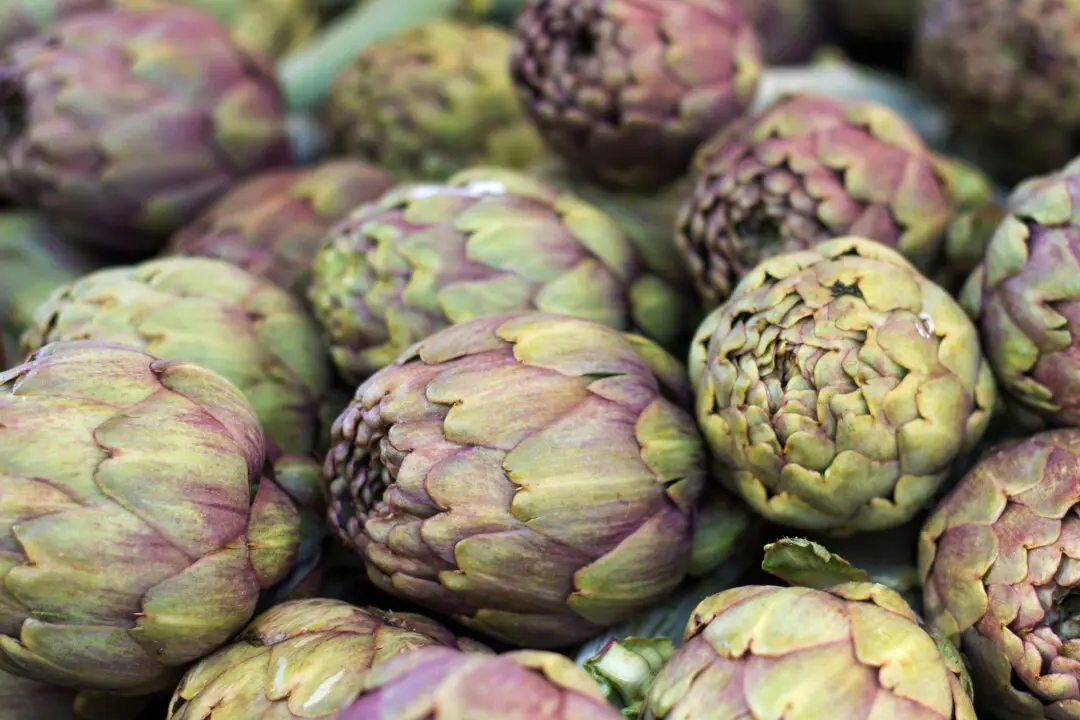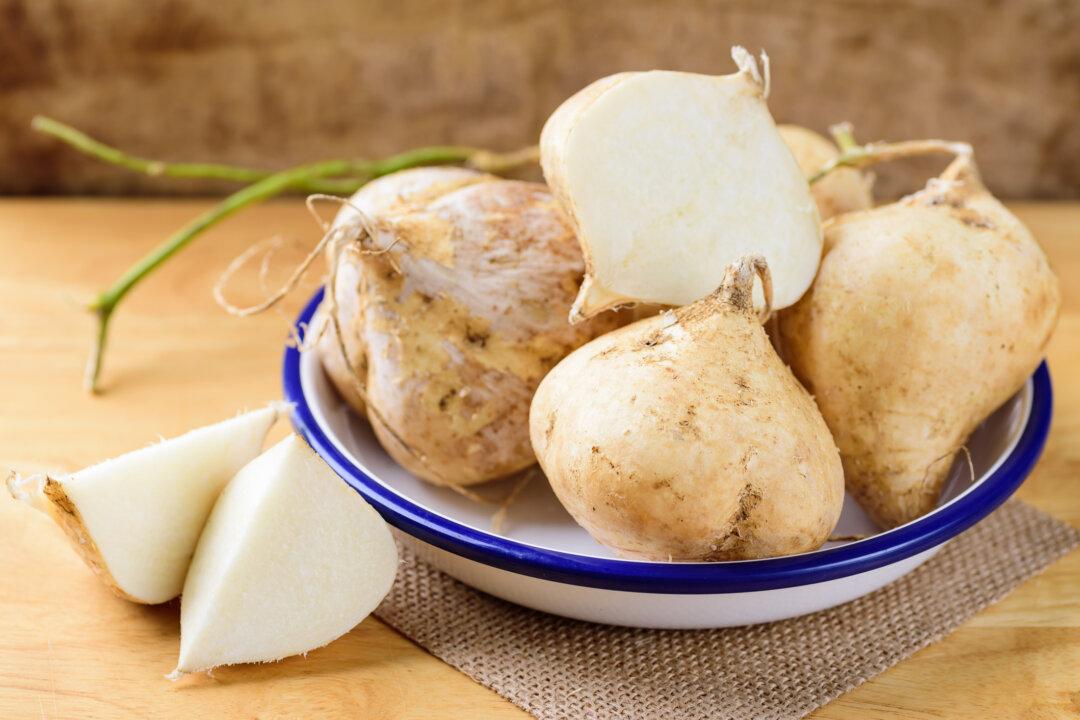More and more of us are getting our game on these days as the popularity and availability of game meats like venison, elk, bison, duck, pheasant, and quail grows. Known today as “field to table” eating, game meat is hardly new, having sustained humans for thousands of years. A healthy, sustainable, and increasingly fashionable choice, game meats are gaining momentum as an alternative solution in improving today’s diet.
Wild vs. farmed
Wild game meat refers to meat that a hunter has legally hunted or trapped. Game meat refers to wild animals and birds that may have been raised on ranches or farms and are sold in restaurants and markets. Ranch-raised game, such as bison or elk, are able to freely roam and eat on a spacious area of land, while farm-raised game lives in smaller, more confined outdoor areas and, unless they are grass-fed, feed on grains, such as corn or alfalfa.Due to higher activity levels and a completely natural diet, wild game has more lean muscle than their farm-raised counterparts and domestically raised animals, such as beef and chicken. Wild game is also usually lower in saturated fat than farmed game and domestic animals. This difference in activity and diet affects the flavor, giving wild game and game meats a stronger, “gamey” flavor.





